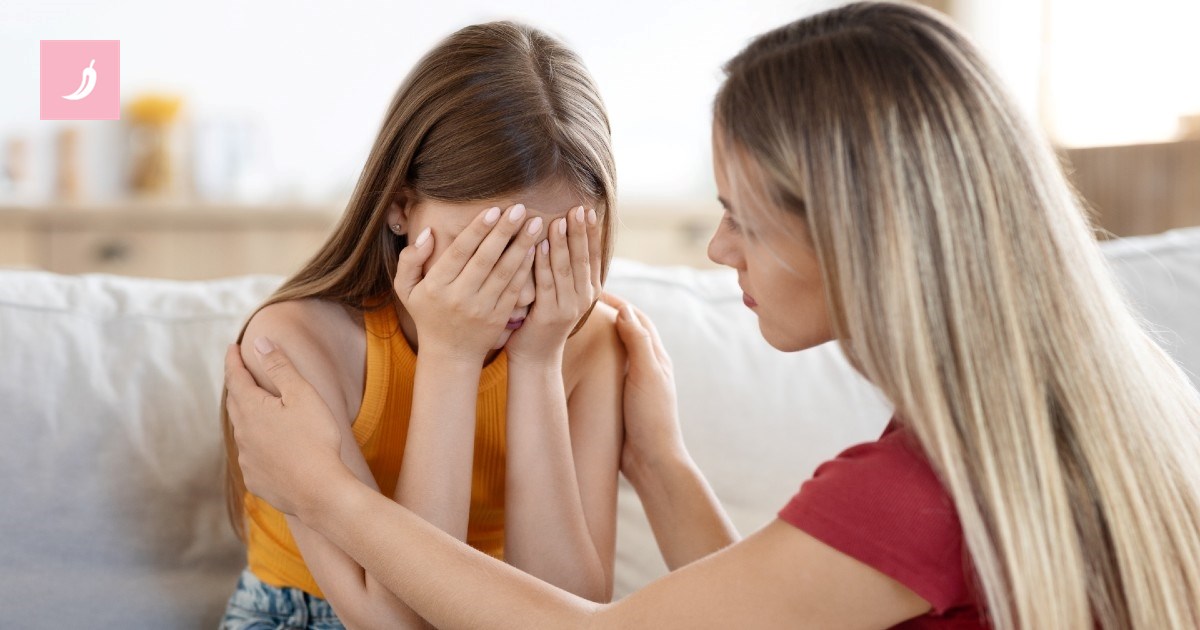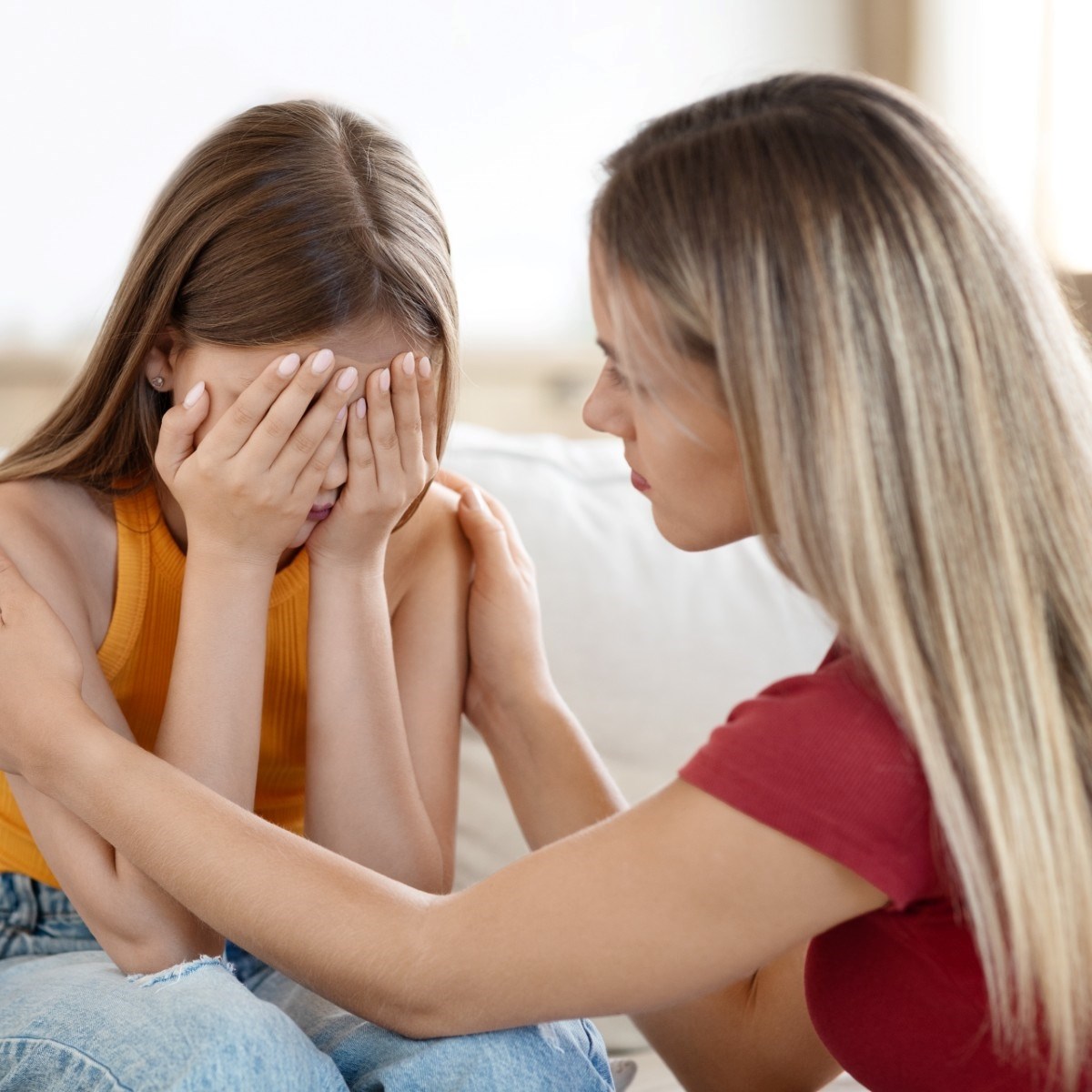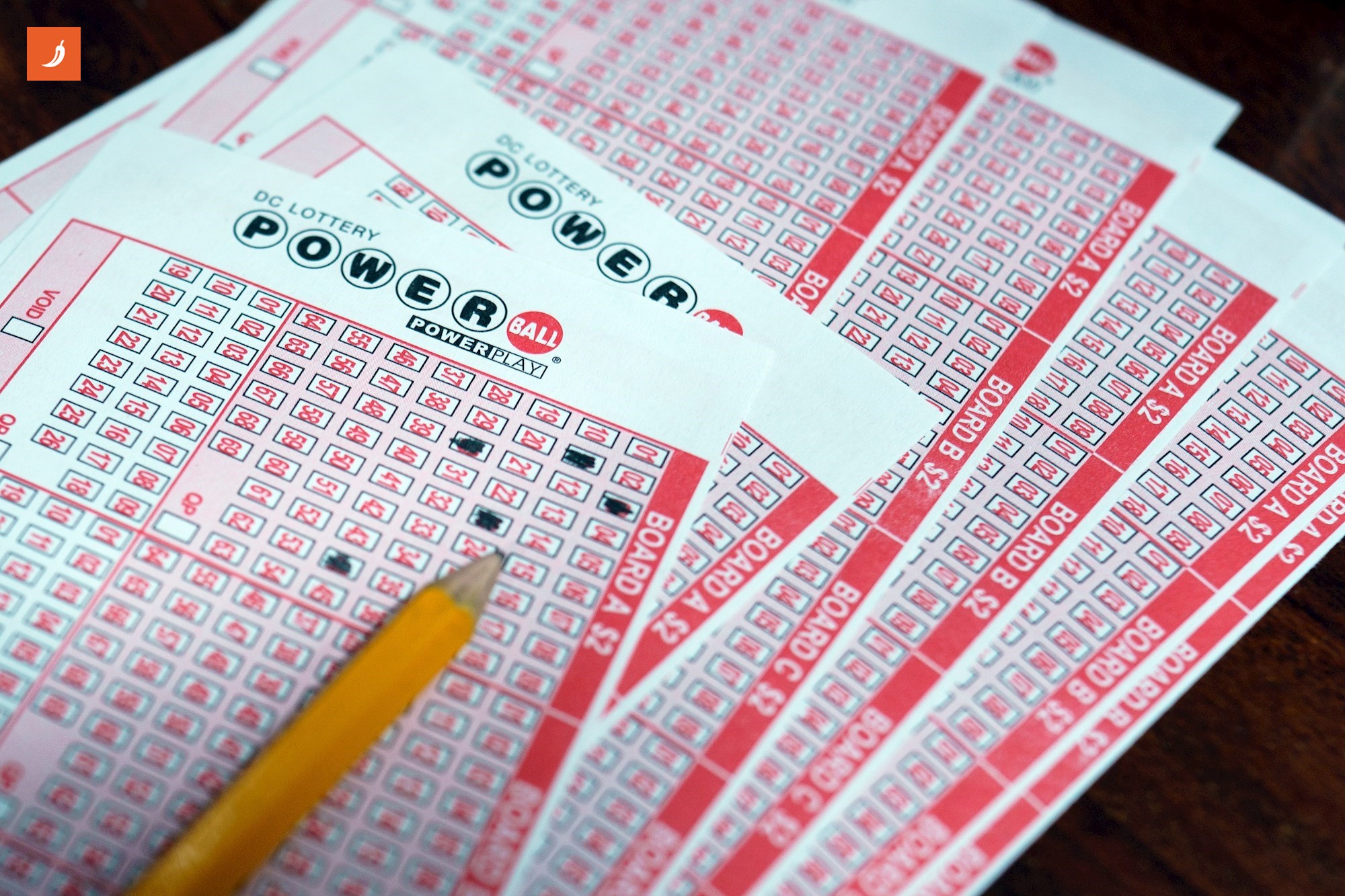The first broken heart is one of the most difficult experiences children, especially adolescents, can face. Although often considered an adult problem, children also experience emotional turmoil due to disappointments in friendships, romantic relationships, or relationships with parents. Experts emphasize the importance of approaching the child with understanding, support, and patience to help them express and process their feelings. Parents should provide space for emotional expression, avoiding minimizing comments, and show empathy. It is also important to remind the child that the pain is not permanent and that there are activities and people who can help overcome the pain. Every child copes with emotional pain in their own way, so it is important to be present and supportive without pressure. Besides parents, it is helpful for the child to have trusted adults or friends to talk to. Learning healthy self-help methods, such as journaling, meditation, or creative activities, can help the child accept and process their emotions.
Political Perspectives:
Left: Left-leaning sources tend to emphasize the emotional well-being of children and the importance of mental health support. They highlight the need for empathy, understanding, and patience from parents and caregivers, and often advocate for broader societal support systems for children’s emotional development.
Center: Center-leaning sources focus on practical advice for parents on how to support children through emotional challenges like a first broken heart. They stress balanced approaches combining empathy with encouraging healthy coping mechanisms, such as engaging in hobbies and talking to trusted adults.
Right: Right-leaning sources may emphasize traditional family roles in providing emotional support and the importance of parental guidance. They often highlight personal responsibility and resilience, encouraging children to learn to manage their emotions with the support of family and close community.








































